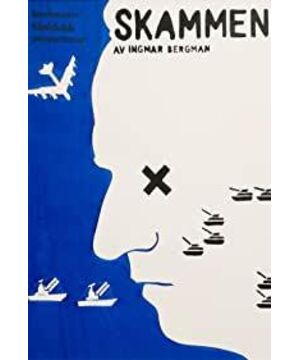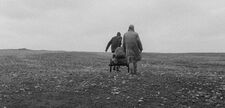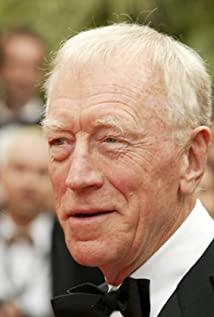At the beginning, Eva and Yang had a distinct personality contrast. Eva is very practical, she is not immersed in the pain of lack of identity, she is working hard to live, and even hopes to "parent" to gain a new meaning in life. On the other hand, he couldn't bear his life that was plummeting, breaking down from time to time, and his thoughts drifted back to the world of music. But at the same time, he is also kind and warm. When Eva was in a hurry to buy wine, he was willing to listen to the lonely talk of his old friend in front of the station, and he couldn't even kill a chicken.
Eva felt that as long as she worked hard to live, she could resist the world. So when the unbiased boulder of fate hit her on the head, her first reaction was disbelief and absurdity.
"It's not my dream, it's more like someone else's dream, will that person feel ashamed?"
Yang was deeply afraid of war from the very beginning. Being arrested, the humiliation of his wife by his former friend was just the right opportunity to slowly break his psychological defense. It is said that the worst is when good people become bad. For Yang, the external environment could not give him the expectation of life. After realizing this clearly, the brilliance of his humanity seemed to disappear. Your own survival has become the most important thing.
This one still surprised me. I thought that with Bergman's narrative habits, he would use a more detailed approach when describing the oppression of war on others. Instead of shooting bombings and deaths, he shot close-ups of the faces of the characters, mental trance, etc., reflecting the oppression of a quiet time and the trauma of war. But this kind of narrative density and strong impact picture is not bad, I feel that the cost should be high and the anti-war sense is quite strong.
I really want to know which camera Bergman used to shoot, it's so textured.
View more about Shame reviews










